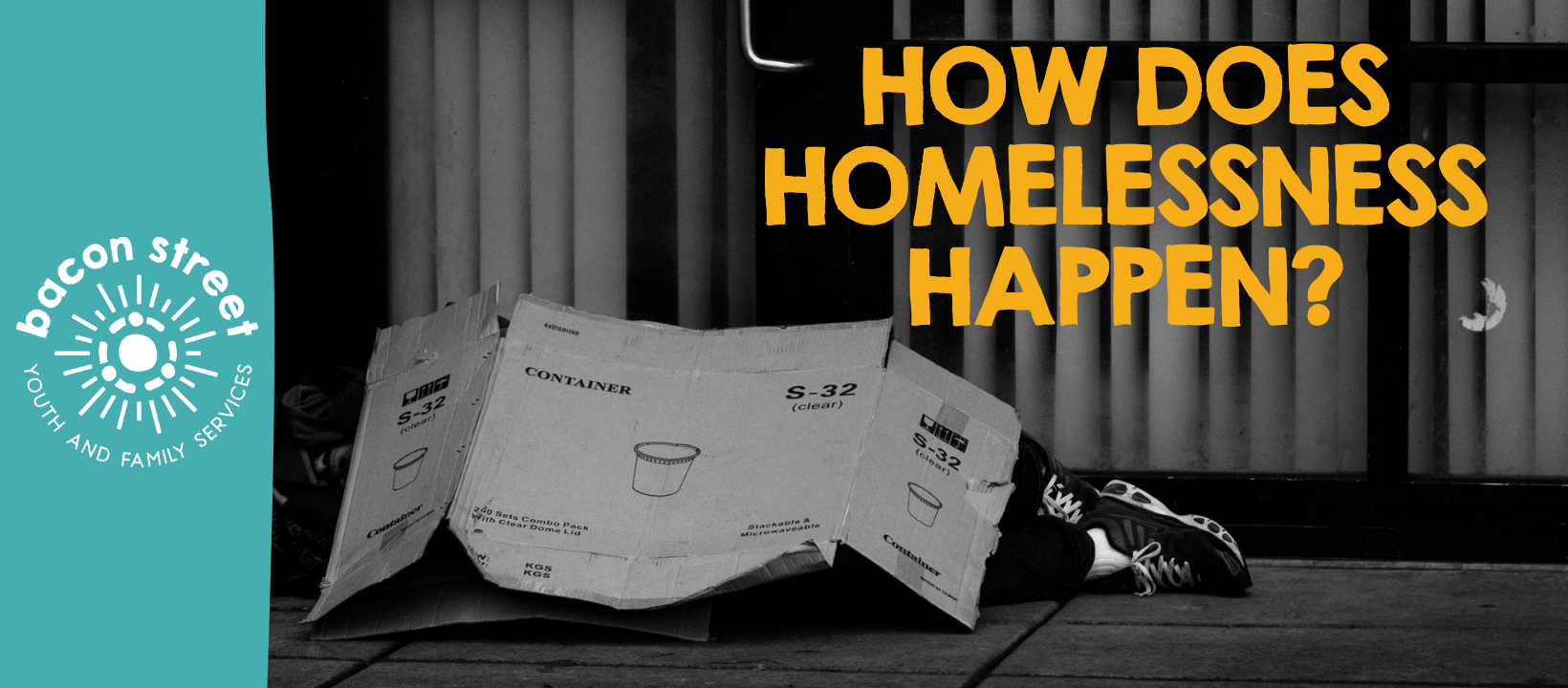There are many ways people can become homeless, and contrary to popular belief, it seldom occurs just because someone is lazy or doesn’t want to work. One way that is often not talked about is homelessness as a result of ID theft. Identity fraud and theft can ruin a person’s financial life, making it hard or impossible to maintain income, build or keep good credit, obtain loans, etc. Identity theft can also make it hard to get help, as many services require ID verification.
Homelessness also often occurs due to unforeseen circumstances like medical emergencies, death in families, and other things beyond one’s control; like changes in the economy and job market.
It is possible for people to work multiple jobs and still become homeless. On average, Americans ages 20-39 have a savings of only $2,100. Financial planning for emergencies isn’t an option for many people. Sometimes, the only way to build a savings is to skip multiple meals, lose transportation, or not get essential medicine. When medical emergencies or a death in the family occurs, a substantial amount of income is lost, often resulting in housing insecurity and eventually homelessness.
Unfortunately, when individuals experience homelessness, they are often more likely to experience it again in the future, often getting stuck in a cycle of homelessness. Part of this stems from financial insecurity. Even after one finds a job and a place to stay, they can remain at risk of becoming homeless again. For example, if they are working long hours and/or multiple jobs, there will be lasting effects on their health in addition to the stress of having been homeless. Many in this situation will not get medical treatment, due to time or money, until it becomes an emergency and they need immediate care. When something like this happens, the financial burden often leads back to homelessness.
To end the cycle, change needs to occur on multiple levels.
As a community, we can start by advocating for improvements like livable wages, and affordable health care and housing.
It’s also important that our communities support youth that have experienced homelessness or are living in poverty. These experiences can lead to them dropping out of school, using drugs as a way to cope, and eventually becoming stuck in that cycle of homelessness themselves. We can start by volunteering our time and energy to those in need.
If you or someone you know is experiencing homelessness, visit here and give us a call at 757-253-0111
